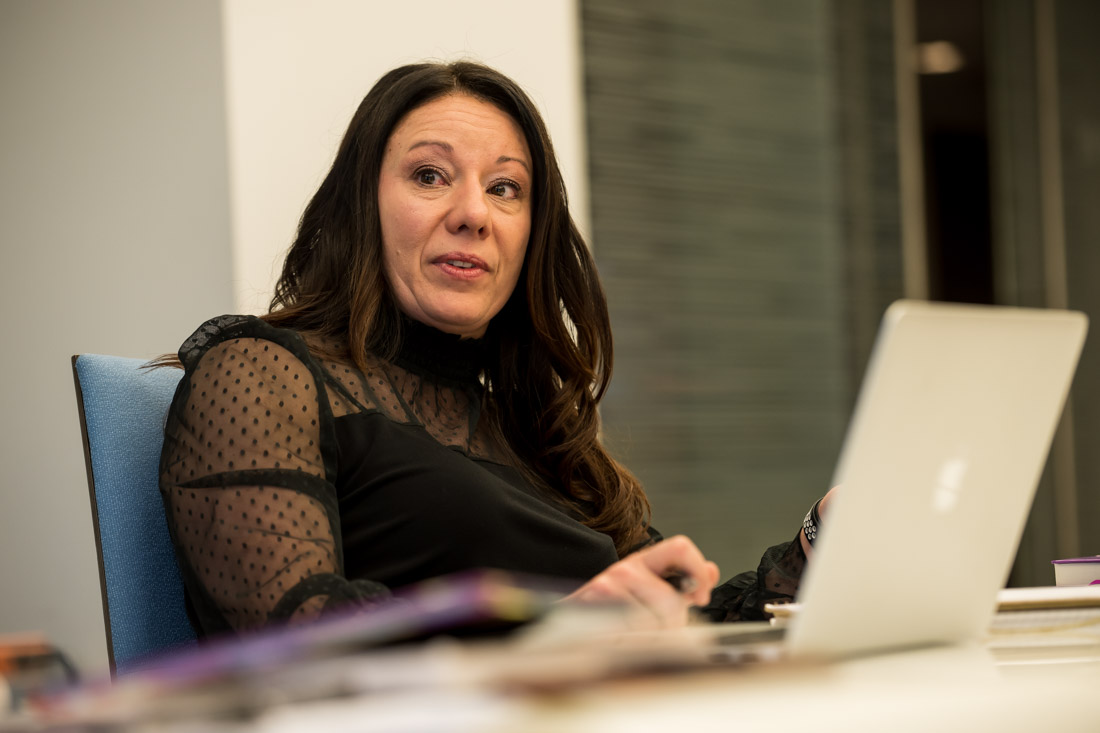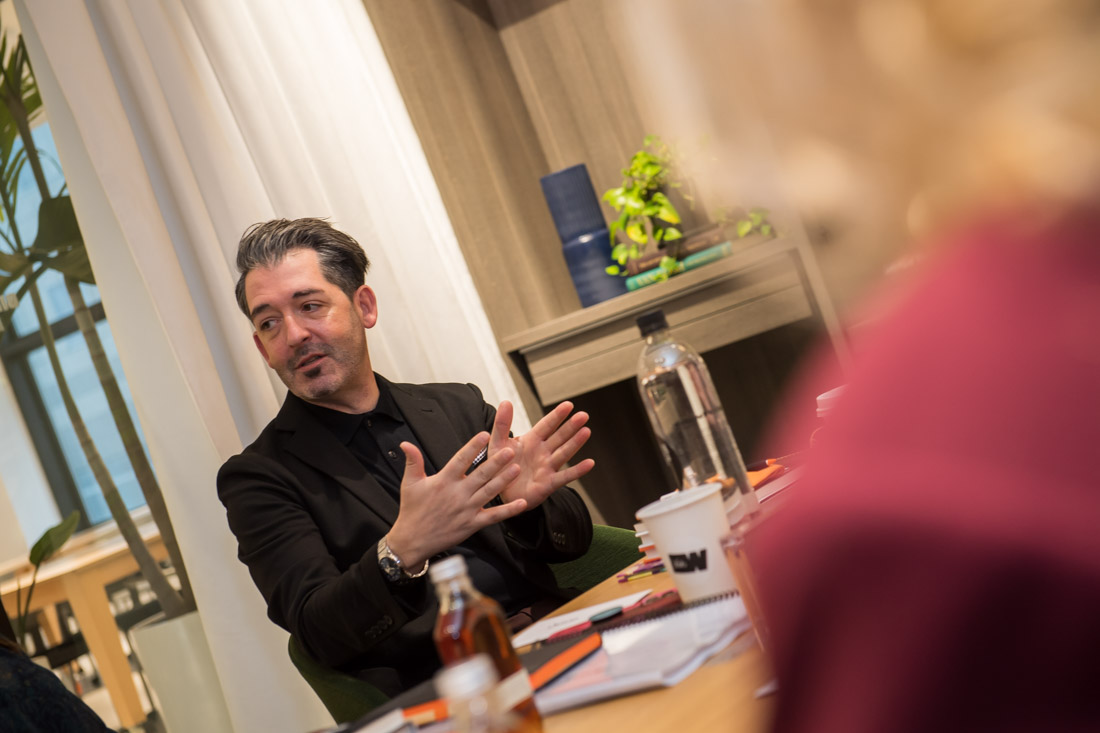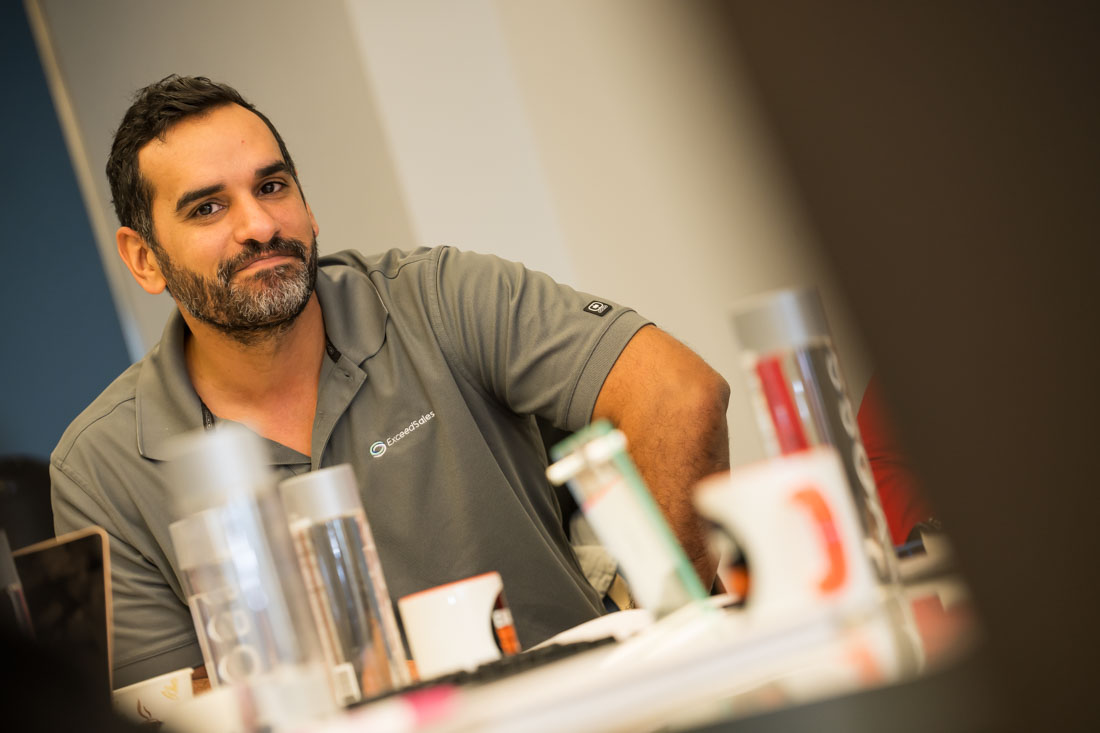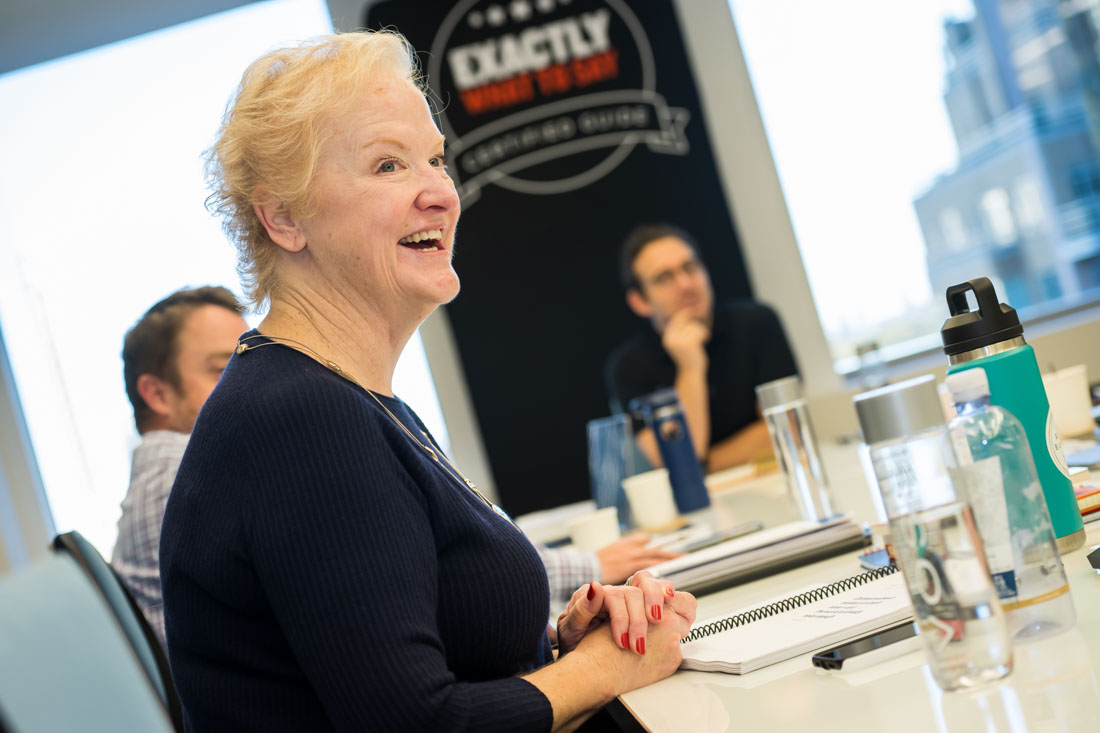One of the greatest tools business leaders have in their kit that can often be overlooked, is the power of curiosity.
Wikipedia defines CURIOSITY as a strong desire to know or learn something and I believe this to be an essential tool for both emerging and established leaders to sharpen.
So how does sharpening the curiosity tool help grow the leader irrespective of the stage of their leadership journey?
Creativeness & Innovation
Curiosity is the driving force behind innovation. Leaders who are curious look for the opportunities in challenges. They seek creative ways to solve problems and create new opportunities. They ask questions, seek out new information and are open to new ideas. This growth mindset allows them to identify gaps in the market and navigate around difficult situations more nimbly than those who aren’t open and curious. Curious leaders don’t just accept the status quo either, they are always looking for ways to improve, innovate; going over, under, through and round to find a way.
Critical Thinking & Better Decision-Making
Curiosity also helps leaders to make better decisions. When leaders are curious, they are more likely to consider a range of perspectives and alternatives to trouble shoot their decision or idea. They ask questions and seek out information to gain greater context, which helps them to make well-informed responses & decisions. Curiosity also helps leaders avoid making assumptions and jump to conclusions. Instead, they take the time to gather information and respond with a well-informed decision that is more likely to succeed.
Fostering a Growth Mindset
Curious leaders have a growth mindset, which means they believe that they can learn and improve over time. They are not afraid to take risks, make mistakes, and try new things. This mindset fosters resilience and adaptability, which are critical skills for leaders in the ever-changing business world. A growth mindset also encourages continuous learning and development, which helps leaders to stay ahead of the curve and remain competitive.
Engagement & Collaboration
Curiosity is also a key driver of engagement and collaboration. Curious leaders are genuinely interested in what their team members have to say and are open to their ideas and feedback. They ask questions and actively seek feedback, then listen to others, which fosters a sense of collaboration and teamwork. This approach helps to build a culture of innovation, where everyone feels valued and encouraged to contribute to the company’s success.
Critical Conversations
In addition to the benefits for innovation, decision-making, growth mindset, and collaboration, Exactly What to Say™ lists curiosity as one of four cornerstones in its framework to positively impacting critical conversations too.
During a critical conversation a curious leader will be less likely to judge, show bias or make assumptions. Instead, they actively seek out information with questions. By approaching critical conversations with such an open mind, leaders are more likely to understand other people’s perspectives and make decisions or suggestions with the full context in mind.
Active Listening
Curious leaders are also better listeners. They ask open-ended questions, seek out details, and actively listen to the responses. This approach promotes active listening, where the focus is on understanding the speaker’s message and not just waiting for a turn to talk. When people feel heard and understood, they are more likely to engage in critical conversations and work towards a resolution or next step together. The magic words in Exactly What to Say™ are super useful to help develop your questioning and coaching technique and enhance your listening too.
Empathy
Empathy is the ability to understand and share the feelings of others. Curious leaders are more likely to be empathetic because they take the time to understand other people’s perspectives. By approaching critical conversations with empathy, leaders can build trust and rapport with others. This, in turn, helps to facilitate open communication, which is essential for successful critical conversations.
Sharpening your curiosity is a practice. One that requires renewed consciousness and an intention to practice it day to day to improve. Here are some suggestions as to how you could start sharpening yours.
- Open up to and start to adopt a growth mindset: A growth mindset is the belief that one’s abilities and intelligence can be developed through dedication and hard work. When you have a growth mindset, you are more likely to be accountable for your actions, curious about learning new things, exploring new ideas and open about different perspectives too.
- Ask open-ended questions: When having conversations with your team or colleagues, ask open-ended questions that encourage them to share their thoughts, opinions, and ideas. This will not only help you gain a better understanding of their perspectives, but also encourage them to think critically and creatively.
- Learn from others: Seek out opportunities to learn from others, whether it be through reading books, attending seminars, or simply having conversations with people from different backgrounds and experiences. This will help you expand your knowledge and perspective and stay curious about the world around you.
- Practice active listening: When engaging in critical conversations, practice active listening. This means fully focusing on what the other person is saying, without interrupting or jumping to conclusions. This will help you gain a deeper understanding of the issues at hand and have more context to find solutions.
- Stay curious about yourself: Finally, don’t forget to stay curious about yourself. Continuously reflect on your own actions, behaviours, and beliefs (look and respond to patterns) and be open to feedback from others. This will help you grow as a leader and continue to develop your curiosity.
The power of curiosity to grow leaders of business cannot be overstated. It drives innovation, decision making, fosters a growth mindset and drives engagement and collaboration.
Leigh Howes Tweet
It also positively impacts critical conversations and helps us to have more meaningful conversations. Curious leaders are more likely to approach critical conversations with an open mind and a willingness to learn, which helps to build trust and rapport with others. By cultivating a sense of curiosity, leaders can improve their critical conversations and build more successful relationships with their colleagues and clients.











